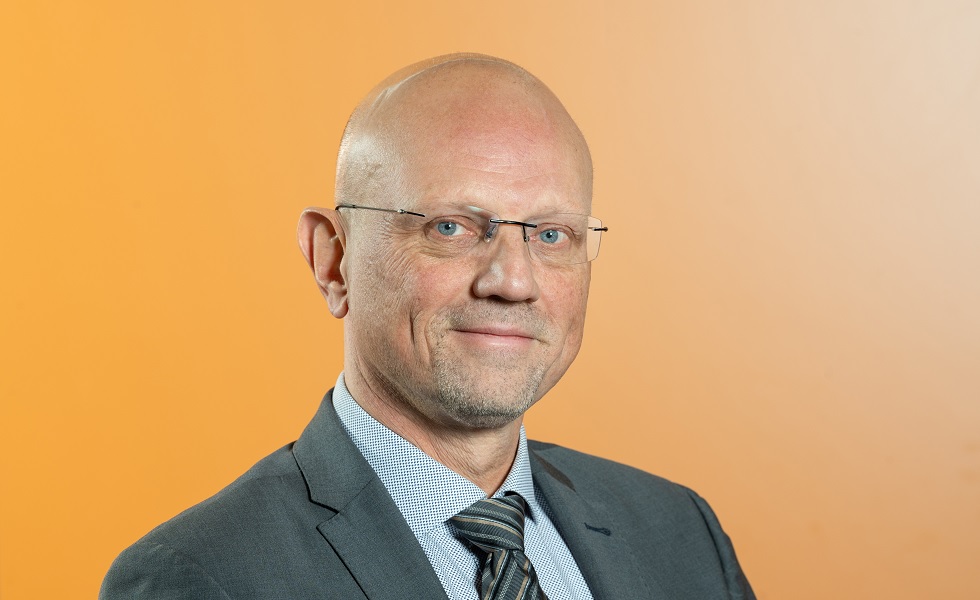Harry Geels: People's capitalism as a solution to inequality
Harry Geels: People's capitalism as a solution to inequality

This column was originally written in Dutch. This is an English translation.
By Harry Geels
The debate on inequality has become predictable. Proponents of redistribution argue for higher taxes and bigger government, while opponents point to increasing bureaucracy and declining incentives. Both camps have been having the same discussion for decades. It is time for a different perspective: not on income, but on property.
In a previous column, I demonstrated that there is a striking correlation: countries with larger governments often experience more inequality, not less. After all, redistribution systems create power, bureaucracy and lobbies. A large proportion of the resources do not reach the target group. In fact, redistribution can reinforce capital inequality because large institutions and wealthy parties are always better able to navigate fiscal and regulatory systems than ordinary citizens.
So the question is: if the traditional recipe doesn't work, what does?
The forgotten perspective: ownership
During the industrial revolution, most wealth consisted of capital assets: machines, factories, land. Today, most wealth consists of intellectual capital, technology and network effects. And it is precisely this value that is often created by employees and users, not just by investors or founders. Yet the rewards largely go to a relatively small group of shareholders and top managers. And that while consumers generate data and ideas.
AI is likely to exacerbate the inequality problem in the coming years, through the enrichment of data, which will potentially make its owners even richer. To prevent further division, we must address livelihood security through negative income tax on the one hand, and the structure of capitalism on the other. This brings me to the concept of folk capitalism: not forcing levelling through the state, but sharing capital through ownership. This can be done in two ways.
From theory to practice: ownership in action
An interesting example comes from the technology sector. Nvidia, now the most valuable company in the world, has a culture of employee share ownership. According to an internal survey of approximately 3,000 employees (about 10% of the total), between 76-78% of them now have a net worth of more than one million dollars. This is an exceptional situation, caused by an incredible rise in the share price. This makes wage negotiations almost trivial.
The principle is clear: when employees are shareholders, they rise along with the value they themselves help to create. This is not only good for their wealth, but also for the culture. Ownership creates commitment, a long-term orientation and a sense of shared success. It is no coincidence that private equity funds such as KKR invest in what they call “ownership cultures”: companies where employees are co-owners work more innovatively, efficiently and stably.
From employees to users
But why should only employees become owners? The modern economy also runs on network effects. Google has value because billions of people use it. Facebook and Instagram exist thanks to the content that users post on them. Spotify thrives on the preferences that listeners collectively shape. But in none of these cases do users receive a share of the profits, despite their role in value creation. Wouldn't it be fairer if users were also rewarded for this value creation?
The second logical step in people's capitalism is therefore consumer or user ownership. This can be achieved in various ways, for example through profit-sharing schemes for “heavy users”, user cooperatives (where part of the profits or governance flows back to the community), loyalty shares (the more valuable your contribution, the more shares you receive) and decentralised platform models based on collective management (which blockchain applications are currently experimenting with).
People's capitalism as an alternative to redistribution
It is already more common for employees to own shares in American companies. In Europe, such a culture should also be embraced much more widely. Consumer and user ownership is a newer concept. But the idea that users can become co-owners is a logical evolution of capitalism in an era in which value increasingly derives less from physical machines and more from networks, connections and information.
In passing, many more people will benefit from the monetary policy that has mainly favoured asset owners in recent decades through monetary easing and (too) low interest rates. As has often been said, inequality must be tackled at its source, not by treating the symptoms in the form of taxes, for example.
A new source of equality
The great advantage of people's capitalism is that it tackles the source of inequality: the ownership of productive assets. Not redistributing afterwards, but broadening economic ownership beforehand. This is neither socialism nor laissez-faire capitalism. It is the market economy that democratises ownership instead of centralising it.
People's capitalism does not redistribute after the fact, but shares ownership in advance. It makes people co-owners of their own future and thus of their dignity, their autonomy and their society.
This article contains the personal opinion of Harry Geels








